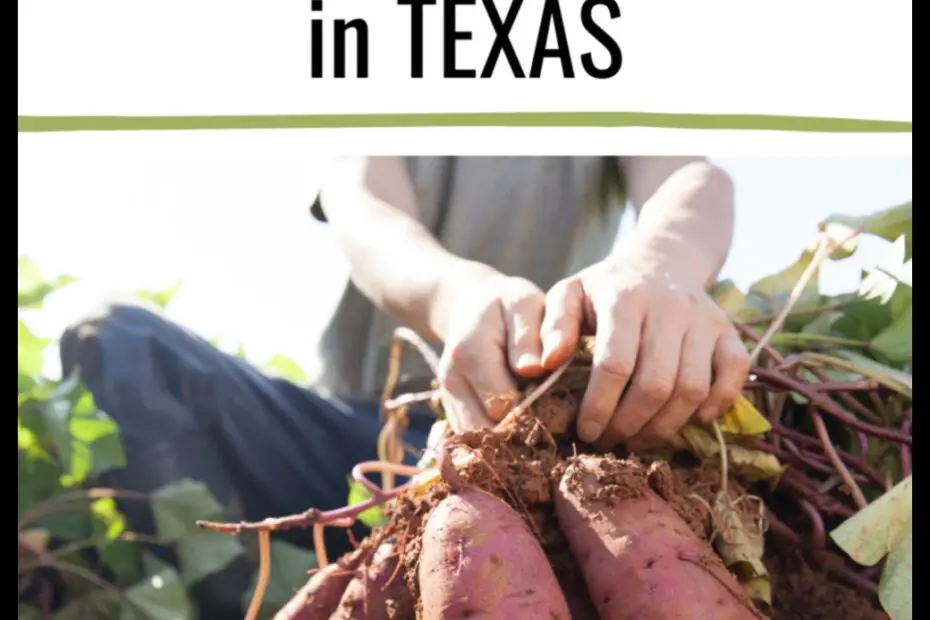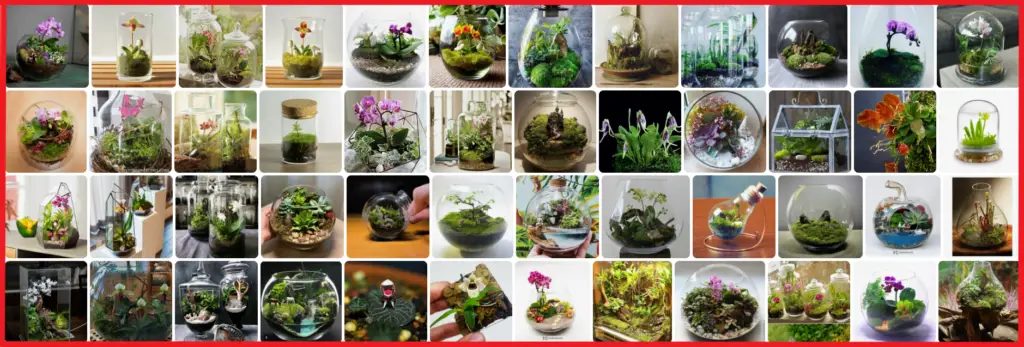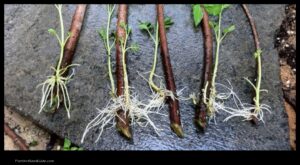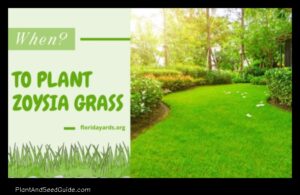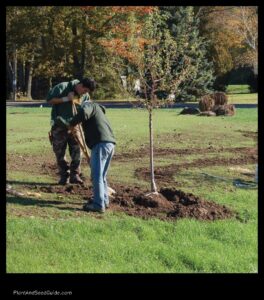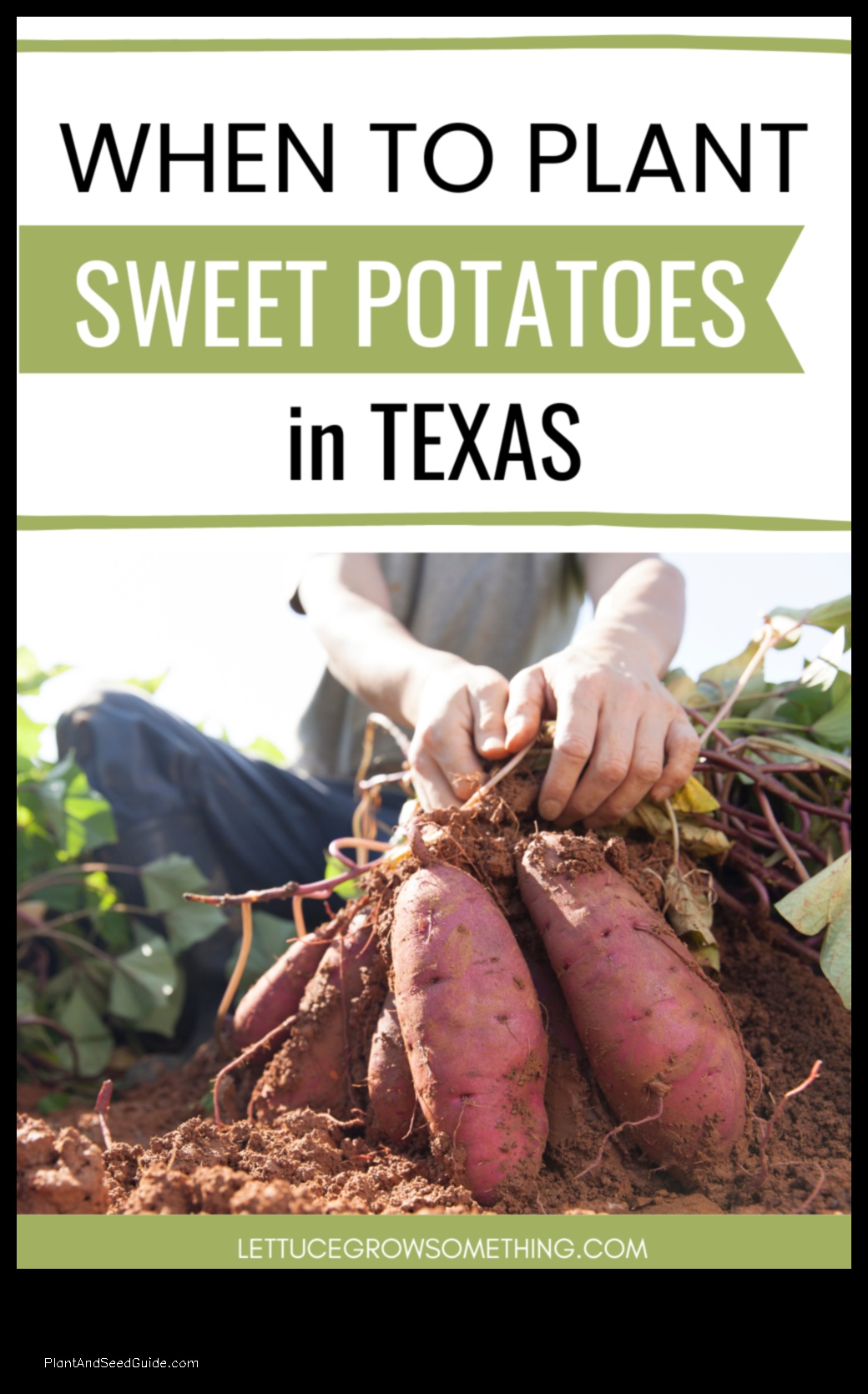
When to Plant Potatoes in Central Texas
The best time to plant potatoes in Central Texas is in the early spring, after the last frost date.
Potatoes are a cool-season crop and do not tolerate heat well, so it is important to plant them early enough so that they have time to mature before the summer heat arrives..
Potatoes can be planted in either the fall or spring, but fall-planted potatoes are more susceptible to pests and diseases. Spring-planted potatoes are also more likely to produce a higher yield.
The ideal soil temperature for planting potatoes is between 45 and 55 degrees Fahrenheit. If the soil temperature is too cold, the potatoes will not germinate. If the soil temperature is too warm, the potatoes will grow quickly and will be more likely to develop diseases.
Potatoes should be planted in a well-drained soil that is rich in organic matter. The soil should be pH neutral or slightly acidic.
Potatoes can be planted in hills or rows. Hills are raised mounds of soil that are about 12 inches high and 24 inches wide. Rows are trenches that are dug about 6 inches deep and 12 inches wide.
Potatoes should be planted about 3 inches deep and 12 inches apart. The spacing between hills or rows should be about 3 feet.
Potatoes need to be watered regularly, especially during dry periods. The soil should be kept moist but not soggy.
Potatoes are ready to harvest when the skins are tough and the flesh is firm. The best way to check if potatoes are ready to harvest is to dig up one or two potatoes and see if they are mature.
Potatoes can be stored in a cool, dry place for several months.
Here are some tips for growing potatoes in Central Texas:
- Choose a variety of potatoes that is resistant to pests and diseases.
- Plant potatoes in a well-drained soil that is rich in organic matter.
- Water potatoes regularly, especially during dry periods.
- Fertilize potatoes with a balanced fertilizer every two weeks.
- Hill potatoes as they grow to protect the developing tubers from the sun.
- Harvest potatoes when the skins are tough and the flesh is firm.
- Store potatoes in a cool, dry place for several months.
| Potato Planting Season | Potato Growing Zones |
|---|---|
| Early spring | 4-8 |
| Mid-spring | 5-9 |
| Late spring | 6-10 |
| Central Texas Climate | Warm, humid summers and mild winters |
| Potato Harvest Time | Late summer to early fall |
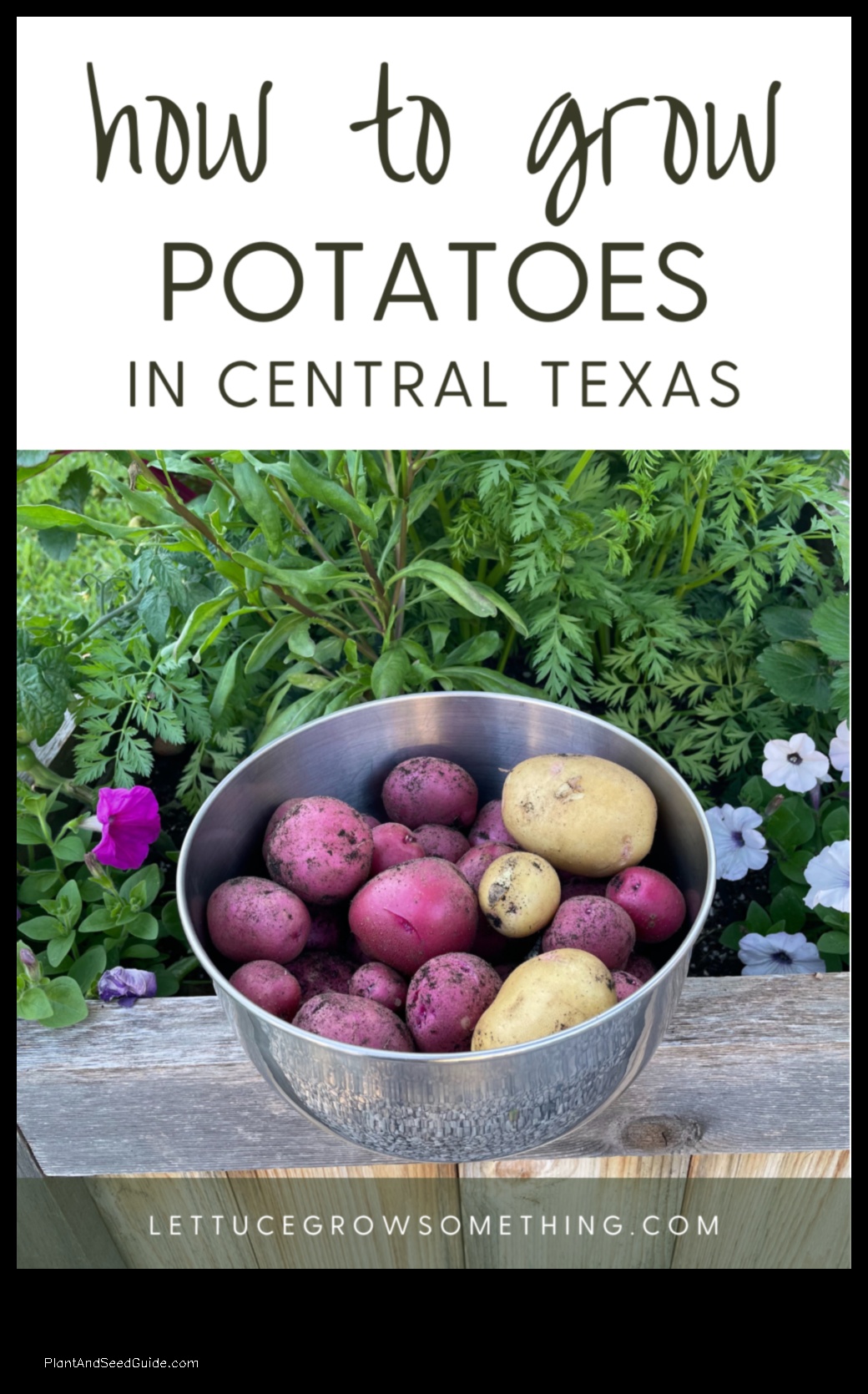
IClimate and soil
Potatoes are a cool-season crop that grow best in well-drained soil with a pH of 6.0 to 6.5. They can tolerate a wide range of temperatures, but they grow best when the daytime temperatures are between 60 and 70 degrees Fahrenheit and the nighttime temperatures are between 45 and 55 degrees Fahrenheit.
Potatoes can be grown in a variety of climates, but they do best in areas with long, cool summers and short, mild winters.
If you live in an area with hot summers, you may need to grow your potatoes in a raised bed or container to protect them from the heat..
Potatoes are heavy feeders, so they need a lot of nutrients in the soil. You can improve the soil by adding compost or manure before planting. You can also add a fertilizer that is high in nitrogen and potassium to help your potatoes grow.
Varieties
There are many different varieties of potatoes available, each with its own unique characteristics. Some of the most popular varieties for growing in central Texas include:
- Russet Burbank
- Yukon Gold
- Red Norland
- White Rose
- All Blue
When choosing a variety of potato to grow, it is important to consider the climate and soil conditions in your area. For example, if you live in an area with hot summers, you may want to choose a variety that is resistant to heat.
It is also important to consider the intended use for the potatoes. If you plan to eat them fresh, you will want to choose a variety that is known for its good flavor. If you plan to store them for long periods of time, you will want to choose a variety that is resistant to storage diseases.
For more information on potato varieties, you can consult a gardening book or website. You can also talk to your local nursery or garden center about the best varieties to grow in your area.
Planting
The best time to plant potatoes in central Texas is in the spring, after the last frost date.
If you are starting from seed, you will need to plant them about 2 weeks before the last frost date. If you are starting from tubers, you can plant them as soon as the ground is warm enough to work.Potatoes can be started from seed or from tubers..
When planting potatoes, dig a trench about 6 inches deep and 12 inches wide. Place the potatoes in the trench about 12 inches apart, with the eyes facing up. Cover the potatoes with soil and water well.
Potatoes need full sun and well-drained soil. They should be watered regularly, but not too much. If the soil is too wet, the potatoes will rot.
Potatoes will be ready to harvest about 3 months after planting. To harvest, dig up the potatoes carefully so as not to damage them.
Potatoes can be stored in a cool, dry place for several months.
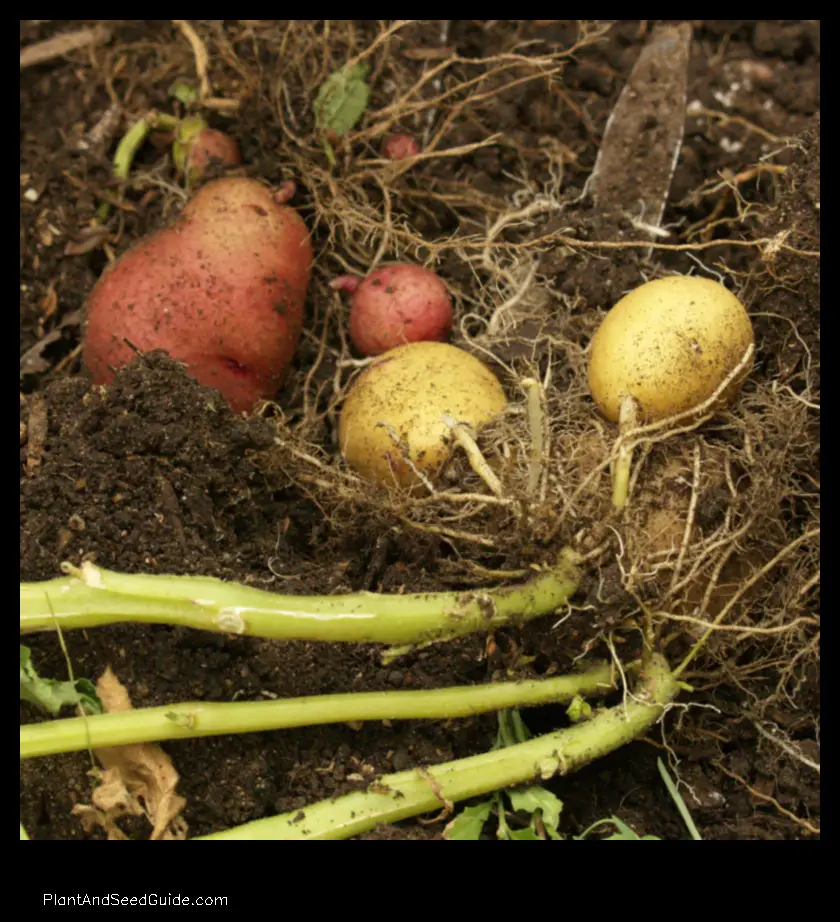
Growing
Potatoes grow best in full sun and well-drained soil. The ideal soil pH is between 5.5 and 6.5. Potatoes should be planted about 1 inch deep and 12 inches apart. The rows should be spaced 3 feet apart.
Potatoes need to be watered regularly, especially during dry periods. The soil should be kept moist but not soggy.
Potatoes can be fertilized with a balanced fertilizer, such as 10-10-10, every 4-6 weeks.
Potatoes are ready to harvest when the skins are tough and the flesh is firm. The tubers can be dug up by hand or with a garden fork.
Potatoes can be stored in a cool, dry place for several months.
VHarvesting
Potatoes are ready to harvest when the skins are tough and the flesh is firm. The best way to tell if a potato is ripe is to gently squeeze it. If it feels firm, it is ready to harvest.
To harvest potatoes, dig up the entire plant carefully so as not to damage the tubers. Once the plants have been dug up, brush off the dirt and store the potatoes in a cool, dry place.
Potatoes can be stored for several months if they are kept cool and dry. To store potatoes, place them in a paper bag or cardboard box and store them in a cool, dark place.
Storage
Potatoes can be stored for several months if they are properly cured and stored. The curing process helps to toughen the skin and prevent the potatoes from sprouting. To cure potatoes, place them in a cool, dark place with good air circulation for 2-3 weeks. Once the potatoes are cured, they can be stored in a cool, dark place with a relative humidity of 50-60%.
Potatoes can be stored in a variety of containers, including plastic bags, cardboard boxes, and wooden crates. When storing potatoes in plastic bags, be sure to leave some air in the bag so that the potatoes do not suffocate. When storing potatoes in cardboard boxes or wooden crates, be sure to line the container with newspaper or straw to prevent the potatoes from rotting.
Potatoes should not be stored near onions or other strong-smelling vegetables, as the onions can cause the potatoes to develop a bitter taste. Potatoes should also not be stored in direct sunlight, as the sun can cause the potatoes to spoil.
Potatoes that are stored properly will last for several months. However, the quality of the potatoes will gradually decline over time. Potatoes that are stored for too long may become soft, develop a wrinkled skin, and sprout.
Pests and diseases
Potatoes are susceptible to a variety of pests and diseases, including:
- Aphids
- Colorado potato beetles
- Flea beetles
- Potato leafhoppers
- Potato scab
- Early blight
- Late blight
- Verticillium wilt
It is important to take steps to prevent and control these pests and diseases in order to protect your potato crop.
Some of the steps you can take include:
- Rotate your crops
- Practice good sanitation
- Use resistant varieties
- Apply pesticides and fungicides as needed
By taking these steps, you can help to protect your potato crop from pests and diseases and ensure a bountiful harvest.
Tips for successHere are some tips for success when growing potatoes in central Texas:
- Choose a sunny spot with well-drained soil.
- Plant your potatoes in early spring, after the last frost date.
- Mulch around your plants to help keep the soil moist.
- Water your plants regularly, especially during dry spells.
- Fertilize your plants with a balanced fertilizer every few weeks.
- Hill up your potatoes as they grow to protect them from the sun and to encourage more tubers to form.
- Harvest your potatoes when the skins are firm and the flesh is firm and white.
- Store your potatoes in a cool, dry place.
FAQ
Q: When is the best time to plant potatoes in central Texas?
A: The best time to plant potatoes in central Texas is in early spring, after the last frost date.
Q: What are the best varieties of potatoes to grow in central Texas?
A: Some of the best varieties of potatoes to grow in central Texas include Russet Burbank, Yukon Gold, and Red Pontiac.
Q: How do I plant potatoes in central Texas?
A: To plant potatoes in central Texas, you will need to dig a trench about 6 inches deep. Place the potatoes in the trench, about 12 inches apart. Cover the potatoes with soil and water well.
- Wild Rose Country: Exploring Untamed Beauty - July 15, 2024
- Wildflower Nursery Decor: Bringing Nature Indoors - July 15, 2024
- Young Sprout of Grass: Nurturing New Life - July 15, 2024
